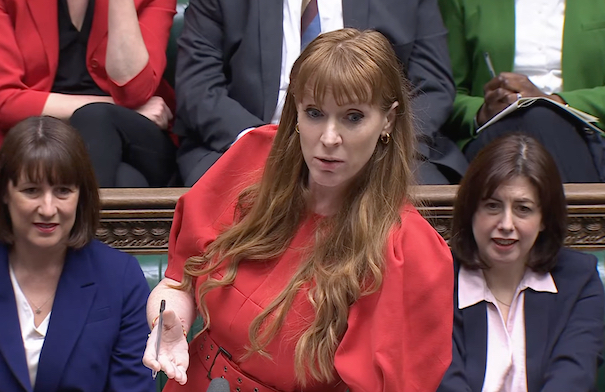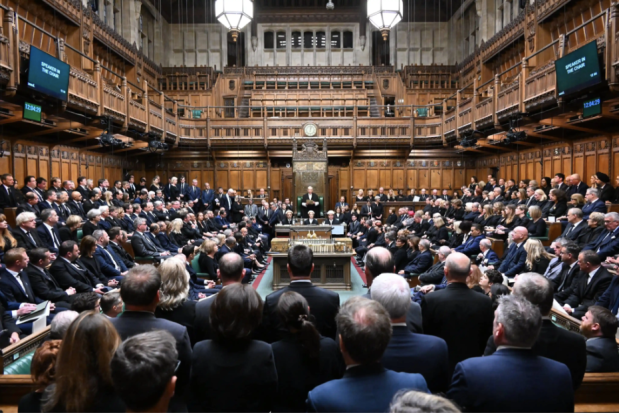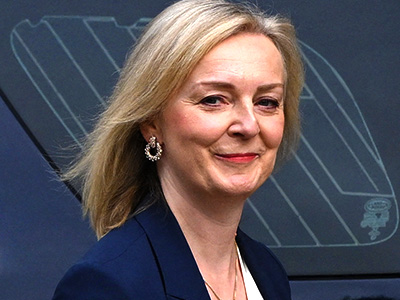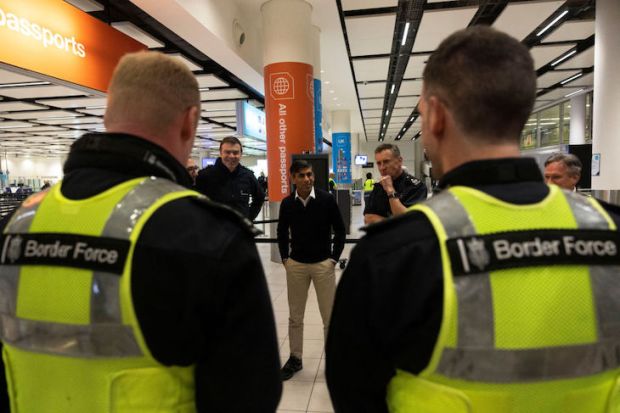Boris Johnson needs to use the departure of Dominic Cummings and Lee Cain to repair relations with his Parliamentary party. That is very clear, and the problems have been brewing for months. What is less clear is how much of a group of naturally loyal MPs, who have the same political instincts as the Prime Minister, remains.
Johnson is a strange combination of charismatic communicator and loner. Many who have known and worked alongside him for years say they still don’t see themselves as his close friends and find it hard to identify a cogent social group around the Prime Minister. His lieutenants had to work hard to build a Parliamentary base from which to launch his eventual successful leadership bid last year.
Tory ginger groups are popping up like mushrooms all over the place at the moment. Two of the most recent ones are the Covid Recovery Group, which opposes further lockdowns, and the Northern Research Group, which is trying to stop the loss of new ‘red wall’ seats. Longer-standing groups are no more accommodating: a member of the One Nation group remarks that ‘we owe him nothing’, while his more natural constituency of the European Research Group contains some of the most vocal critics of his Covid policy.
These flocks of MPs are interesting to study in detail, but take a step back and something else emerges. When you look at a large flock of birds moving through the sky, sometimes the most striking pattern is the one made by the spaces between their wings, rather than the birds themselves. In the Tory party, the conspicuous spaces are created by the lack of pro-Boris groups.
David Cameron and George Osborne had a keen group of Cameroon MPs when they started out at the top of the party. They also amassed formal ‘support groups’ of MPs who would turn up to question times to make friendly sounds, heckle the opposition and ask helpfully pointless questions. These were run by their Parliamentary private secretaries, and were seen as a good way of currying favour with a view to getting on the first rung of the ministerial ladder. Johnson does not have this network.
Support groups wouldn’t be able to function in the way they have previously because the socially-distanced House of Commons chamber currently resembles a dentist’s waiting room, and the whips and PPSs cannot pack in a bunch of noisy supporters around the Prime Minister as they used to. Anxiety about the atmosphere in the chamber have caused silly rows, such as the Leader of the House’s refusal to allow shielding MPs to take part in debates remotely. There isn’t enough creative thinking about how to help MPs feel as though they are working for one common cause. As I write in today’s Sunday Times, senior Tories think this has led to the party feeling the most disconnected from the leadership that it has in a long time.
The 2019 intake of MPs would be the natural ‘Johnsonite’ group, but a number of things have made it more difficult for them to bond with the Prime Minister. The first is obviously that in the year since they were elected, these MPs have not spent much time in Parliament, let alone with their leader. They know that they owe him their seats, but they don’t feel at all connected to him as a leader, and fear that many of the decisions the Downing Street operation has taken thus far may cost them those seats at the next election anyway.
They also don’t have much contact with other bits of the government. Cummings and Cain rubbed up many senior Conservatives the wrong way because of their ‘contempt’ for MPs. But the 2019 intake don’t even have the opportunity to rub shoulders with ministers in Parliament, because most of these ministers do not attend votes. As James reported this week, the deputy chief whip holds the proxy votes of more than 200 Tory MPs. Many of them are ministers who are not coming onto the Parliamentary estate at all during the pandemic. This is a necessary infection control measure, but it also means that new MPs feel even more isolated and even less listened to.
Then there are his longstanding loyal colleagues, such as Jake Berry, Amanda Milling, Ben Wallace and so on. Some of these, such as Berry, have left government and set up yet another Tory pressure group. The Defence Secretary was one of Johnson’s earliest supporters in Parliament, but has fallen in and out of favour, not least because one of his advisers, Lynn Davidson, had the temerity to challenge Cummings on his behaviour, and shortly after lost her job. Wallace then told colleagues his best hope of staying in government at all was to keep his head down and stay quiet.
Some of them are ministers but are scattered across the government rather than being grouped more closely to him. One minister who is still a Boris supporter says: ‘He has been very conscientious in rewarding his tribe but in doing so has scattered us to the four winds. He’s given us really interesting and meaningful jobs in government but inadvertently what he’s then done is spread us more thinly. He’s not got his people around him. He still has a huge repository of goodwill, but not all in one place.’
One backbencher who is less of a fan of the Prime Minister puts it more bluntly. ‘The course of action that Boris Johnson has been taking over the past 12 months have individually and collectively alienated pretty much everyone in the party, even the 2019 intake who owe him their seats. The only people who are loyal to him are the ones who are reliant upon him for a ministerial job or who think they’re about to get one and so stand up and spout utter shit defending stuff like the free school meals policy which they then U-turn on.’
This is a peculiar situation to end up, still less than a year after winning such a thumping majority. But Johnson does, according to most Conservatives, have a chance of rescuing things. Many are placing their hope in whoever takes over as the new permanent chief of staff. One senior backbencher says: ‘The chief of staff could be an absolutely fundamental role. You need somebody who is a Conservative, who understands the party and is steeped in its beliefs and traditions and will be trusted by the Parliamentary party. Then there will be a much more open exchange between the leadership and the party.’ Another cabinet minister says: ‘Having a team in there who understand what it feels like to be an MP would definitely improve things.’
The Tory party is always anxious about how much its leaders love its MPs. Perhaps MPs are too brittle, overreacting to not getting enough attention from a Prime Minister who is, after all, rather busy. But even if that is the case, this is how things have always been in the party. Johnson and his new top team should accept that and work with it, rather than hoping the party will change dramatically. Otherwise they could find themselves in the extraordinary situation of the party wanting a dramatic change at the top again.
Got something to add? Join the discussion and comment below.
Get 10 issues for just $10
Subscribe to The Spectator Australia today for the next 10 magazine issues, plus full online access, for just $10.





















Comments
Don't miss out
Join the conversation with other Spectator Australia readers. Subscribe to leave a comment.
SUBSCRIBEAlready a subscriber? Log in